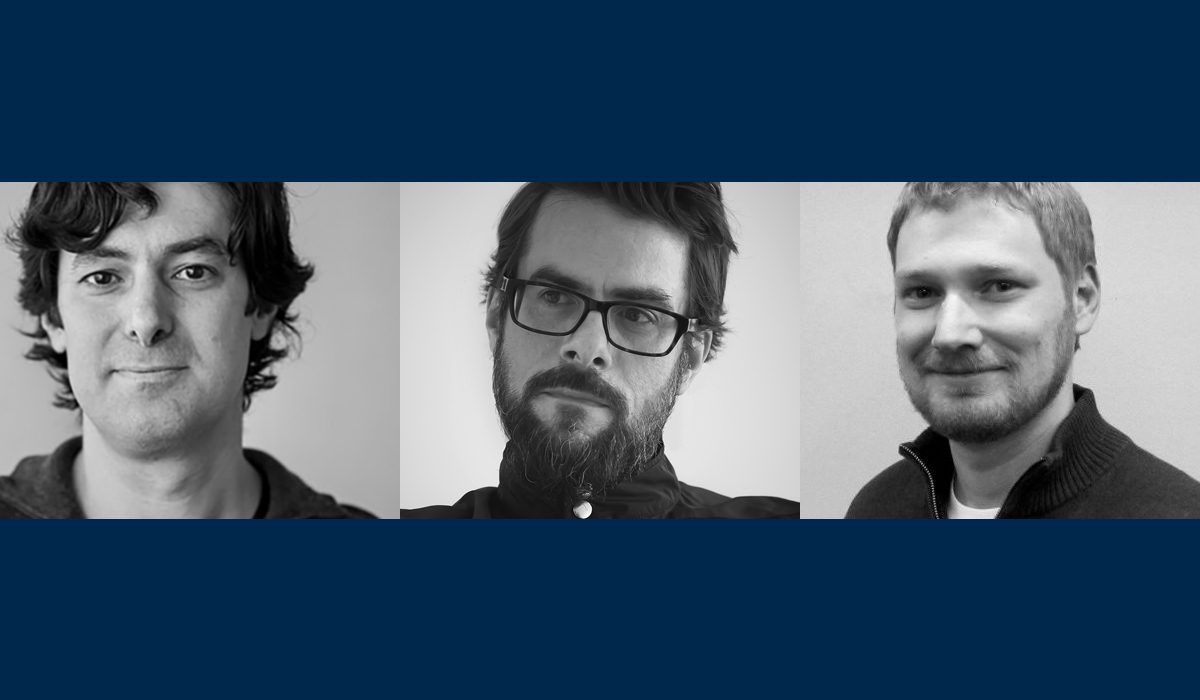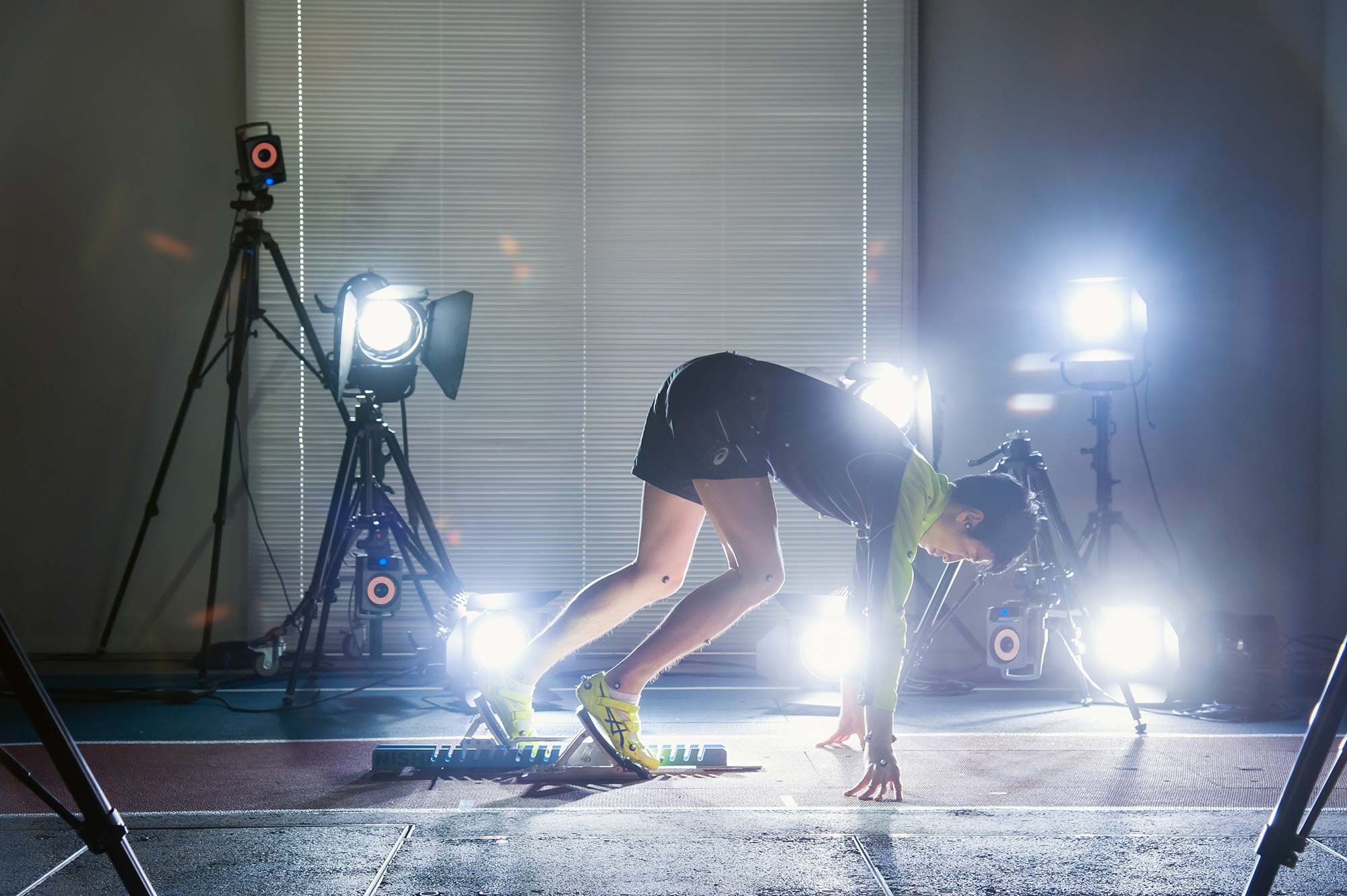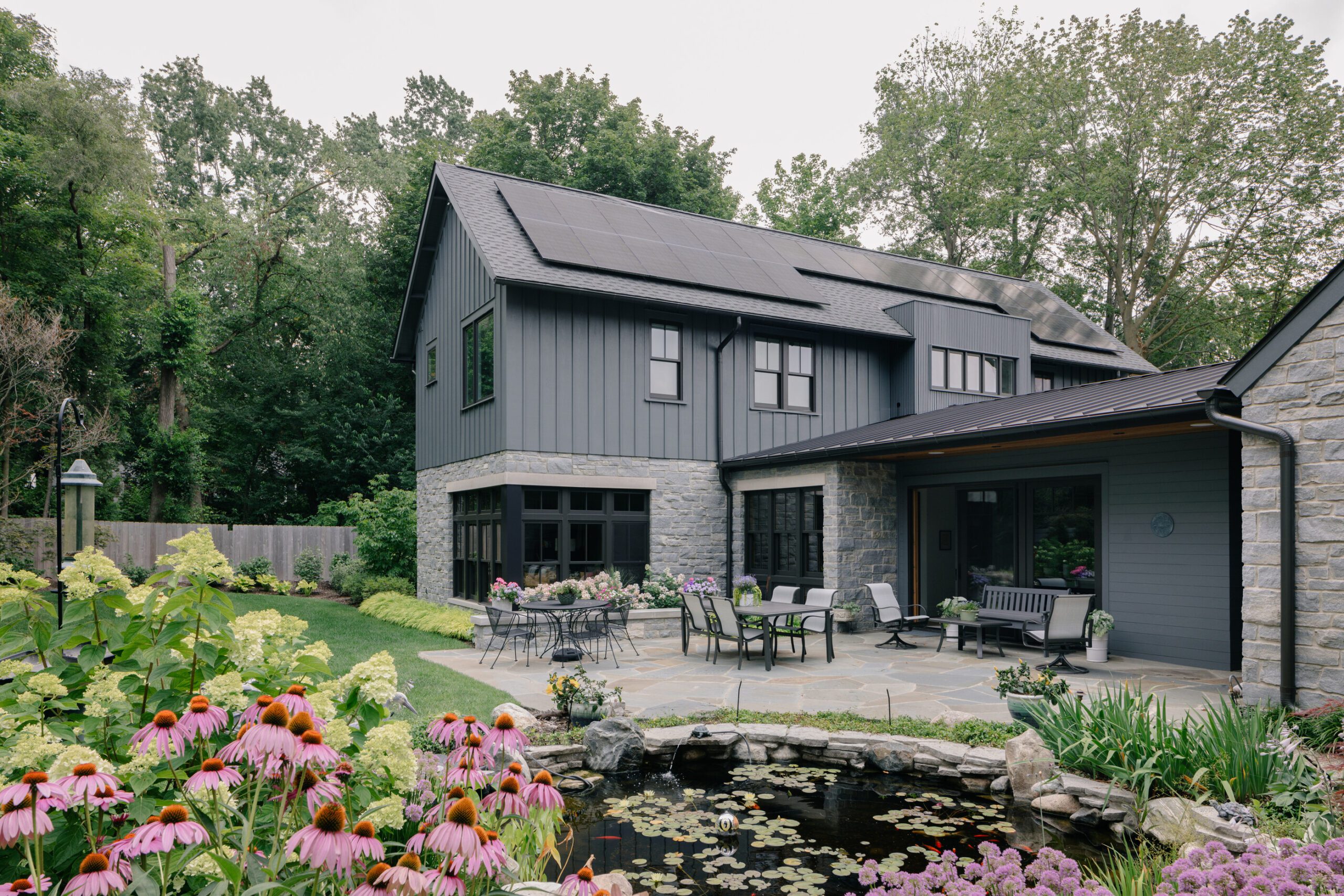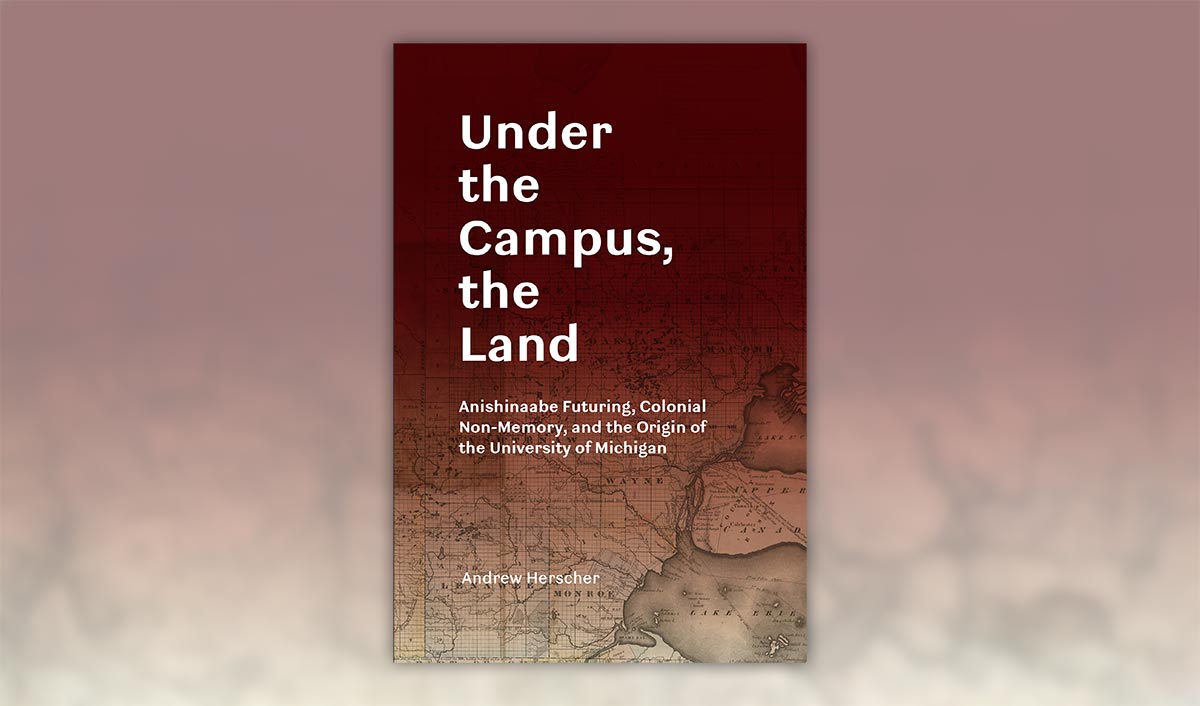
Ahlquist and Interdisciplinary Team Awarded NSF Grant for COVID-19 Research
Sean Ahlquist, associate professor of architecture, along with Max Shtein and Alanson Sample — faculty members at the University of Michigan’s College of Engineering — recently received a $200,000 grant from the National Science Foundation for COVID-19-related research.
Their project will develop face masks for frontline workers with enhanced performance and monitoring for usage patterns. Ahlquist will focus particularly on the use of 3D knitting to enhance fit and customization to a wider range of facial features, as well as embedding sensors to help register touching and adjustment of the mask — factors that greatly minimize effectiveness.
The majority of N95 class respirators are worn improperly even by trained medical personnel, Ahlquist and his colleagues noted in their proposal. The reasons for misuse include improper donning and fit when optimizing for comfort instead of filtering efficacy; frequent touching of the respirator to adjust for comfort; lifting of the respirator during work in order to speak; and degradation of breathability after multiple cleaning cycles. In addition. unconscious touching of the face (more than 23 times per hour on average) increases risk of contracting and spreading the disease.
“We propose to develop a rapidly manufacturable, novel N95 class respirator reference design platform that decouples the relationship between comfort and filtering efficiency, enables the monitoring and minimization of face touching, and tracks cleaning cycles and usage patterns,” the team said.
Ahlquist is one of the world’s leading experts in research that explores and develops new technologies in highly articulated textile and composite materials. Using the large-scale, industrial CNC knitting machines that are part of the FabLab at Taubman College, his research agendas include the design and fabrication of pre-stressed lightweight structures; innovations in textile-reinforced composite materials for aerospace and automotive design; and development of tactile, sensorial environments as interfaces for physical interaction. These intensely collaborative streams of research involve a diverse array of fields and invite collaboration with experts across many of the University of Michigan’s highly ranked departments.









